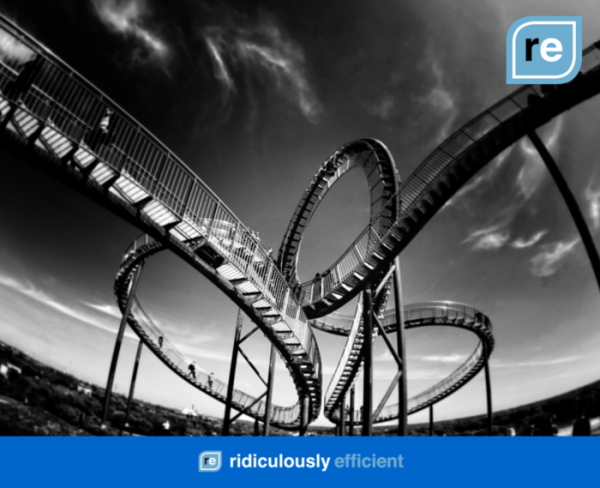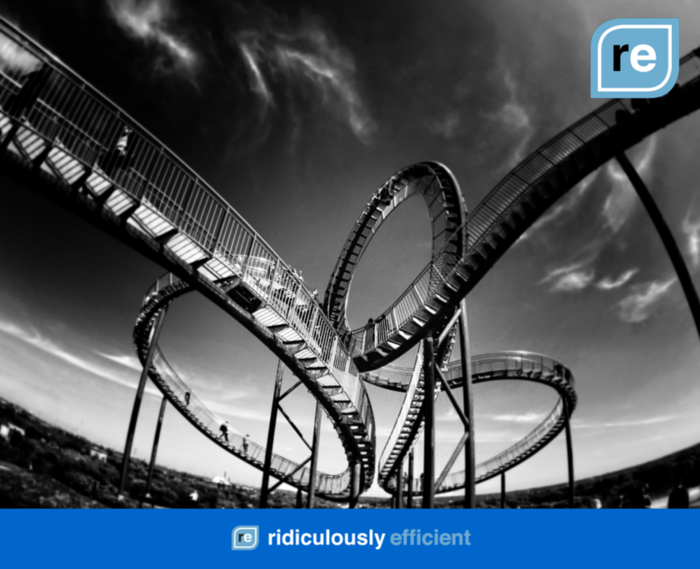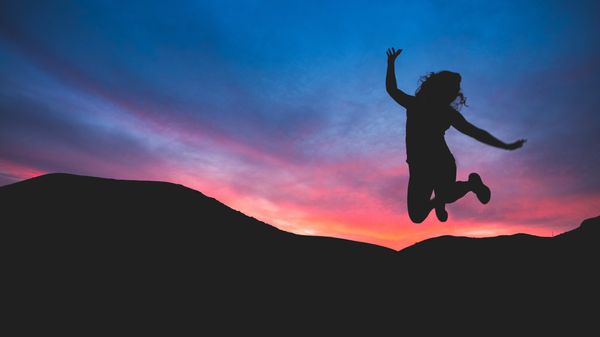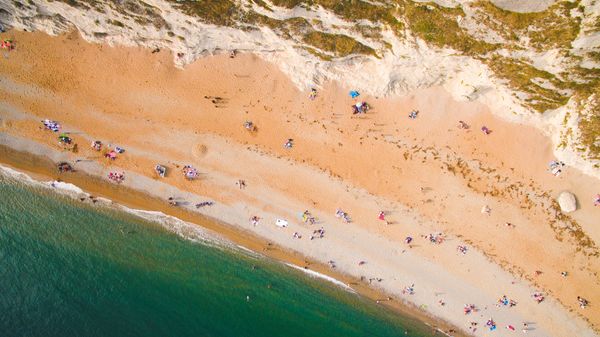
Each member of Team Ridiculously Efficient was tasked with spending one 24-hour period in September without using any screens. That meant no smartphones, no laptops, computers or tablets, and no TVs. This is how we fared.
Stay offline for a full 24-hour period? No problem. In fact, I was certain this would be the easiest team challenge I’ve ever done.
We had to pick a 24-hour period, so I selected Labor Day -- our national holiday of day drinking, barbecues, and outdoor fun -- as the day for this detox.
The Setup
After our last challenge, in which the team went on a partial digital detox
every night for a week, I learned two things: it’s hard to suddenly be offline when those around you aren’t, and social gatherings are near impossible.
I like to play games I can win. And, as one of my mentors often says, if you can’t win, change the rules.
So I picked a day where everyone around me wouldn’t want to be on their phones.
As with most people, our Labor Day is a cranked-up version of Sunday. So I knew Mike would be at the grill, playing grillmaster, while I’d bartend and egg on the storytellers. Our neighbors, with whom we cook and drink several times a week, would be in charge of the music. We’d be in the backyard for most of the day.
I had one more detail in my favor: Since Labor Day is a holiday where my coworkers, colleagues, clients and vendors would all be out of the office, my unresponsiveness would go unnoticed.
On most weekends when we grill, I usually need to step back into the officebar at least once to handle last-minute emergencies, weekend blog posts or pressing questions. It’s a running joke with friends whenever I look down on my phone, get a look of concern, and then wordlessly head into the officebar: There she goes, off to save the world!
But not today. It would be glorious.
The Digital Detox
It started off well. I woke up late, got out of bed -- and walked away from my phone, still in its charger next to the bed. And there it stayed, ready for service, until I went to sleep.
I wish I could say that were it. But a full day isn’t quite long enough to shake the psychological effects of our always-on digital world.
Throughout the day, I kept feeling like I’d forgotten something. Each time I saw a friend pick up his phone, I compulsively patted pockets and the tables and chairs around me, looking for mine.
When I realized my phone wasn’t nearby, fleeting thoughts incited terror in my chest.
Shit, where’s my phone? What if I missed a call? Who’s texted me? Oh no, did I leave my phone at the grocery store? If anything happens, no one can reach me.
This went on all day long.
It didn’t get any better after a few beers -- after all, I’ve trained myself to be extra careful so that I don’t forget important possessions when I drink. Phone, keys, wallet. In that order.
Phone -- shit, where’s my phone? Oh yeah, I’ve got the detox, it’s charging. Keys, check. Wallet, check. My pockets feel too light. Did I forget something?
Over and over and over and over again.
The partial detox was way easier. That week, I’d been using my phone all day, so leaving it alone at the end of the night was easy. And this was a different beast from fully offline vacations; when I’m on vacation and know I’ve got my vacation autoresponder on, I want nothing to do with my phone, so it’s easy then to stay unplugged.
But a full day, when others around me were on their phones to share and take photos, play music and text friends? Sporadic psychological torture. I don’t know if anyone around me noticed my discomfort, but I sure did.
The Emotional Rollercoaster
Rereading these words, I’m conflicted. The first feeling is disgust: my free time isn’t really free, and my brain knows it. My responsiveness has earned others’ trust and respect -- and built the Ridiculously Efficient brand in the first place -- but it’s also created dependency.
The next feeling is shame. Shame in reading my own withdrawal symptoms, which make it clear that I have a psychological addiction to my smartphone -- even after writing hundreds of thousands of articles and coaching dozens of professionals to unplug, recharge and get away from screens. I know too much screen time is bad, and yet I choose to do it anyway.
After those feelings wash away, I’m feeling something else: defiance.
It’s true: everyone in my professional world expects 24/7 uptime. And yes, everyone in my social sphere is also addicted to their smartphones.
To stay connected, to stay immediately responsive no matter what -- that’s the easy part, the expected behavior. It’s what 90% of millennials are.
But to remain a digital native, retain my reputation of being ridiculously efficient, yet observe my own rules of engagement? That’s a new challenge -- one I accept.
Conclusion
Would I do it all again?
Maybe.
The full-day detox felt too much like purgatory to be valuable. I’ll take these no-gadget days as they come, but I likely won’t rely on them as a mechanism to recharge.
Personally, I think I need two or three days of being fully unplugged, with a day before and after as a buffer, to really relax enough to recharge and rejuvenate. So I’ll continue my unplugged vacation model as a means to rest up…
That said, I loved our week of evening digital detoxes. I saw immediate improvements in nearly every area of my life. This, of all the detoxes, is a habit I plan to continue regularly -- maybe unplugging for Monday, Tuesday and Wednesday nights and observing a regular schedule for the rest of the week.








